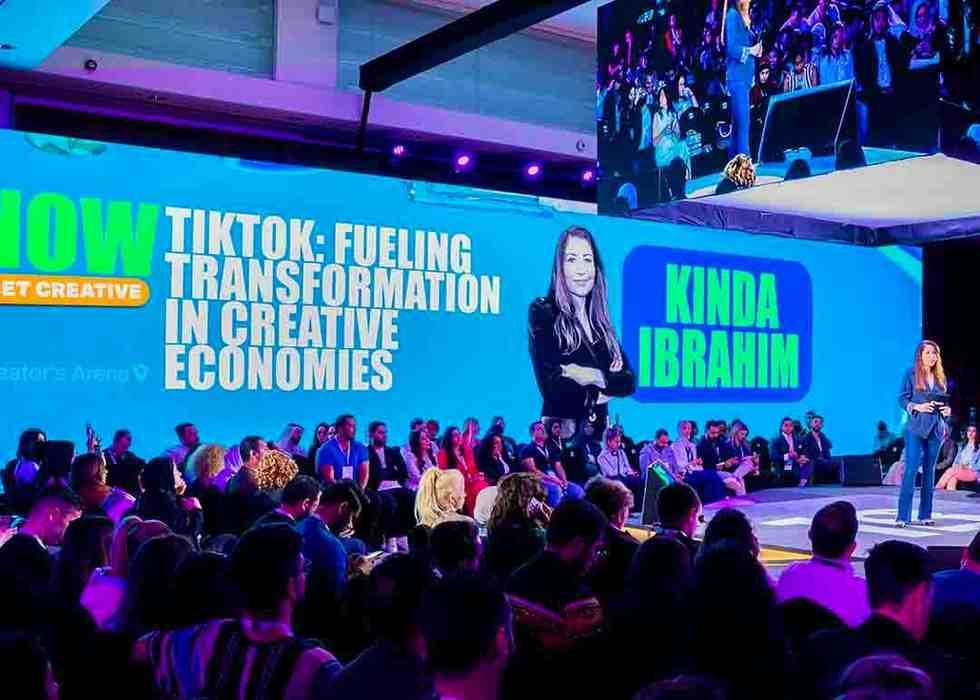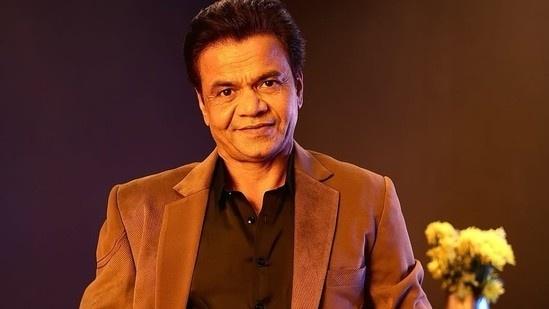Lights, Camera, Algorithm: How the UAE's $1 Million AI Film Award is Redefining Cinema
The United Arab Emirates is positioning itself as the epicenter of a cinematic revolution with the launch of the groundbreaking $1 Million AI Film Award. This landmark initiative, part of the 1 Billion Followers Summit in Dubai, is not just another film competition; it is a bold declaration that artificial intelligence is ready to take a leading role in the creative process. By mandating that entries must consist of at least 70% AI-generated content, the award is fundamentally challenging traditional filmmaking and reshaping the future of storytelling.
A New Filmmaking Rulebook: 70% AI-Generated Content
The core of the UAE AI Film Award is its unprecedented requirement. Filmmakers must utilize a suite of advanced Google AI tools—including the video generator Veo, image creator Imagen, and the collaborative Gemini via Flow—to produce the majority of their films. This stipulation moves AI from a supporting role in post-production to a core collaborator in the very conception and execution of the film. The UAE is making a strategic investment in a future where AI and human creativity are inextricably linked, pushing the boundaries of what can be visualized and narrated on screen.
Human Director, AI Crew: The Collaborative Workflow
A common fear is that AI will replace the artist. However, the vision promoted by leaders like Najeeb Jarrar, Google’s Middle East & Africa Regional Director, is one of augmentation. He frames AI as the next Photoshop or CAD—a transformative tool that expands, rather than limits, creative potential.
In practice, filmmakers are not passive observers. The process demands intense human involvement through prompt engineering, where directors meticulously craft and refine text instructions to guide the AI. They then curate the outputs, fix narrative inconsistencies, and make the crucial creative decisions on emotion, pacing, and story. The AI acts as a super-powered crew, handling labor-intensive tasks like generating concept art, synthesizing voices, or producing rough edits. As one creator involved in the scene notes, "You are still the director. AI doesn’t replace creativity, it amplifies it."
Audience Reception and a Shift in Filmmaker Mindset
On the ground in Dubai, the reaction is one of burgeoning curiosity. Ali Muftah, an AI filmmaker, observes that audiences are increasingly valuing novelty and emotional impact over traditional production methods. This openness is paving the way for new genres and narrative forms that were previously impossible or prohibitively expensive.
Even industry veterans are being converted. Karim Al Saadi, a seasoned Dubai-based producer, initially worried that AI would sterilize the collaborative "magic" of filmmaking. However, after using AI for pre-visualization and concept mockups, he became an advocate. The technology dramatically accelerated pre-production, allowing for rapid experimentation and freeing up time and resources for the most critical aspect: the story.
The Green Screen: Weighing AI's Environmental Impact
The rise of AI in filmmaking is not without its valid critiques, particularly regarding its environmental footprint. The energy required to train and run large AI models is substantial, leading to a carbon cost that cannot be ignored.
Conversely, AI presents a unique opportunity to green the filmmaking process. By reducing the need for physical sets, extensive location travel, and large on-set crews, AI-driven production can significantly cut down the waste and carbon emissions associated with traditional film shoots. The challenge for the industry will be to leverage AI's efficiencies to achieve a net-positive environmental outcome.
The Unchanging Truth: Story is Still King
Amidst the technological excitement, filmmakers and audiences agree on one timeless principle: story is sovereign. Whether a scene is rendered by a neural network or captured by a camera, what resonates is emotional truth, compelling characters, and a powerful narrative arc.
As AI-generated content becomes more sophisticated, it will inevitably flood platforms from YouTube to TikTok and eventually, mainstream cinemas. The UAE's million-dollar bet is that this content will evolve from a novelty into a legitimate art form. The future of film is not a choice between human and machine, but a powerful collaboration that promises to unlock entirely new worlds of imagination.




